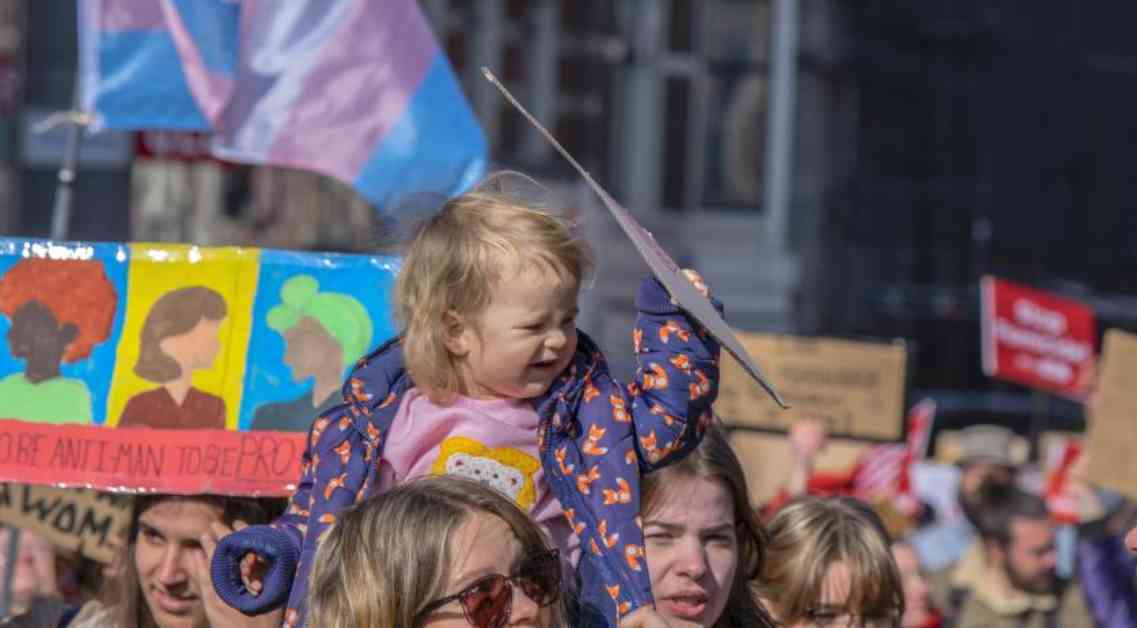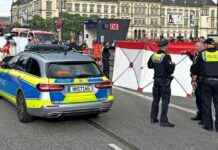Bureaucracy’s Surveillance of Post-War Women’s Rights Movements
In the aftermath of World War II, the Bureau Nationale Veiligheid, the Dutch government security agency, closely monitored the rise of women’s rights movements across the country. Recently declassified files from the National Archives in The Hague shed light on the extent of surveillance conducted by the intelligence and security service, which operated briefly post-liberation.
Spying on Movements
According to the agency’s records, the Amsterdam Intelligence Service kept a watchful eye on the activities of the New Dutch Women’s Movement in the capital. The bureau was provided with a list of targets, as well as the names and addresses of key leaders within the movement. The organization’s primary aim was to achieve gender equality by advocating for women’s rights. Additionally, the bureau noted the presence of an election pamphlet from the liberal Freedom Party at the residence of the movement’s president, who was labeled as “confused” by informants.
Meanwhile, a police detective in Enschede, along with an “unpaid” police officer, documented a meeting of the General Housewives Association at cafe Lippinkhof in the city. Approximately 250 women attended the gathering, focusing on issues such as food scarcity and the struggles faced by the working class. Concerns were raised regarding the unequal distribution of resources, with references made to the Royal House receiving oranges in bulk while ordinary citizens only received them by the pound. Plans for a demonstration to address these disparities were discussed during the meeting.
Political Perceptions
Investigators informed the National Security Bureau that the General Groningen Women’s Association was composed of predominantly left-wing members and individuals deemed as “dissatisfied elements.” Similarly, a communist women’s movement in Schoonoord, Drenthe, drew attention from the bureau. Despite internal disagreements over the choice of opening song for meetings, the communist presence in the area was described as relatively moderate, with families associated with the movement characterized as hardworking and respectable.
As the revelations from the declassified files continue to surface, questions arise about the extent of state surveillance on civil society movements and the implications for democratic freedoms in post-war Netherlands.
Reporting by ANP





















